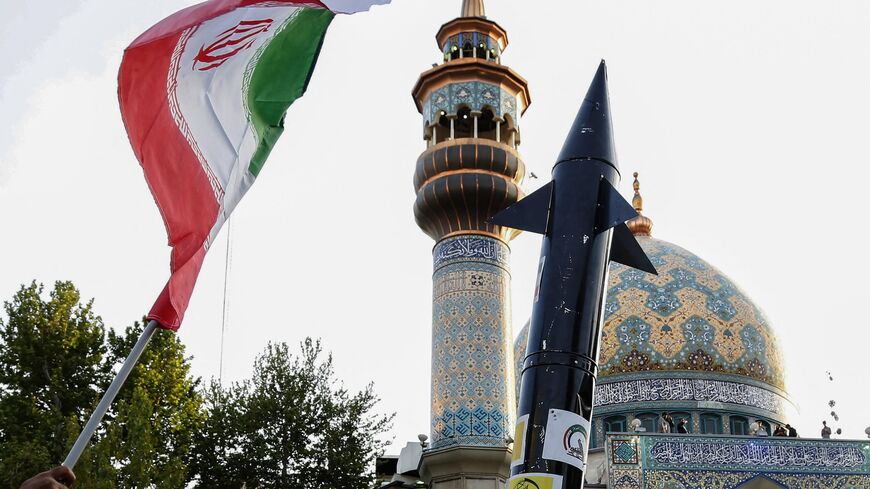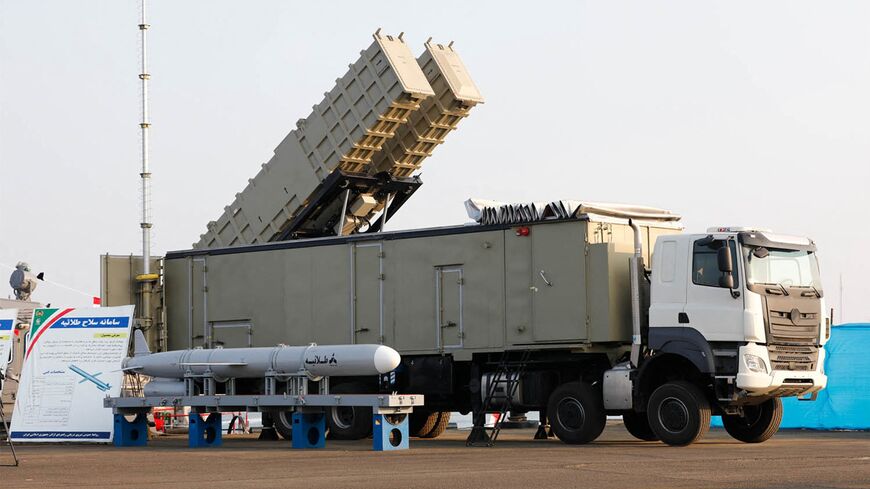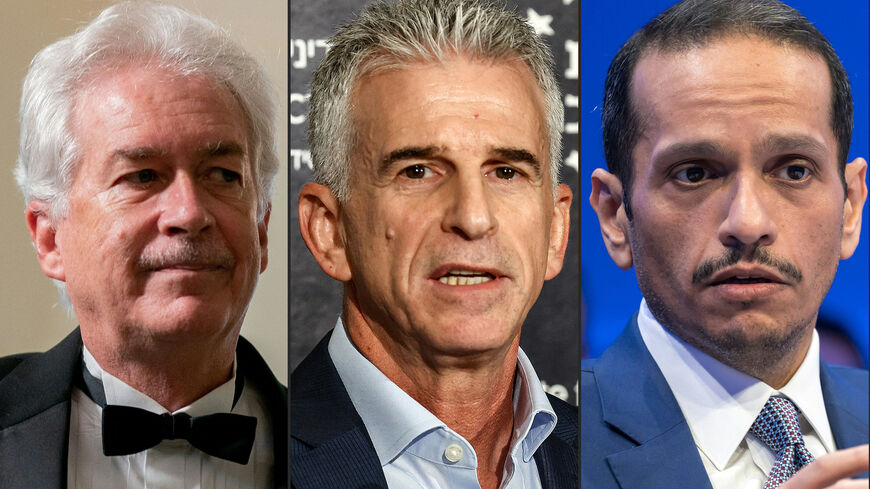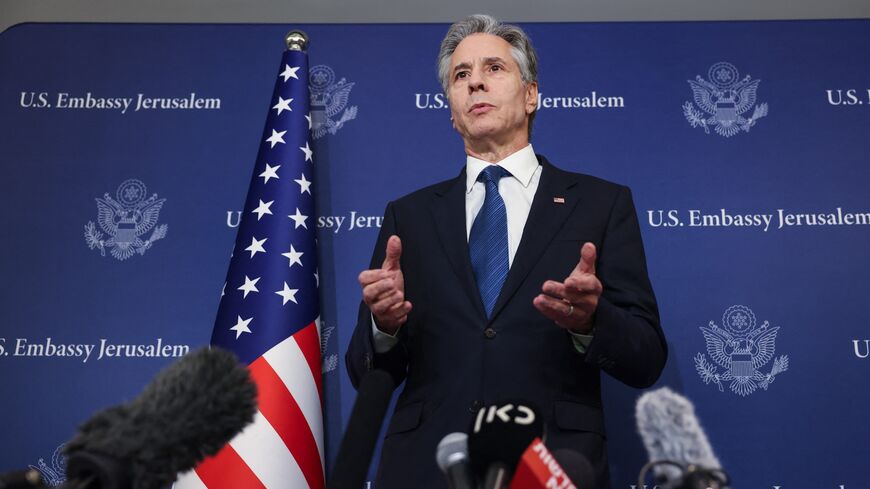Iran says Israel retaliation won't be to 'detriment' of Gaza cease-fire
As the region braces for Iranian retaliation against Israel, Tehran says its response will be conducted “in a manner not to the detriment” of a Gaza cease-fire deal.
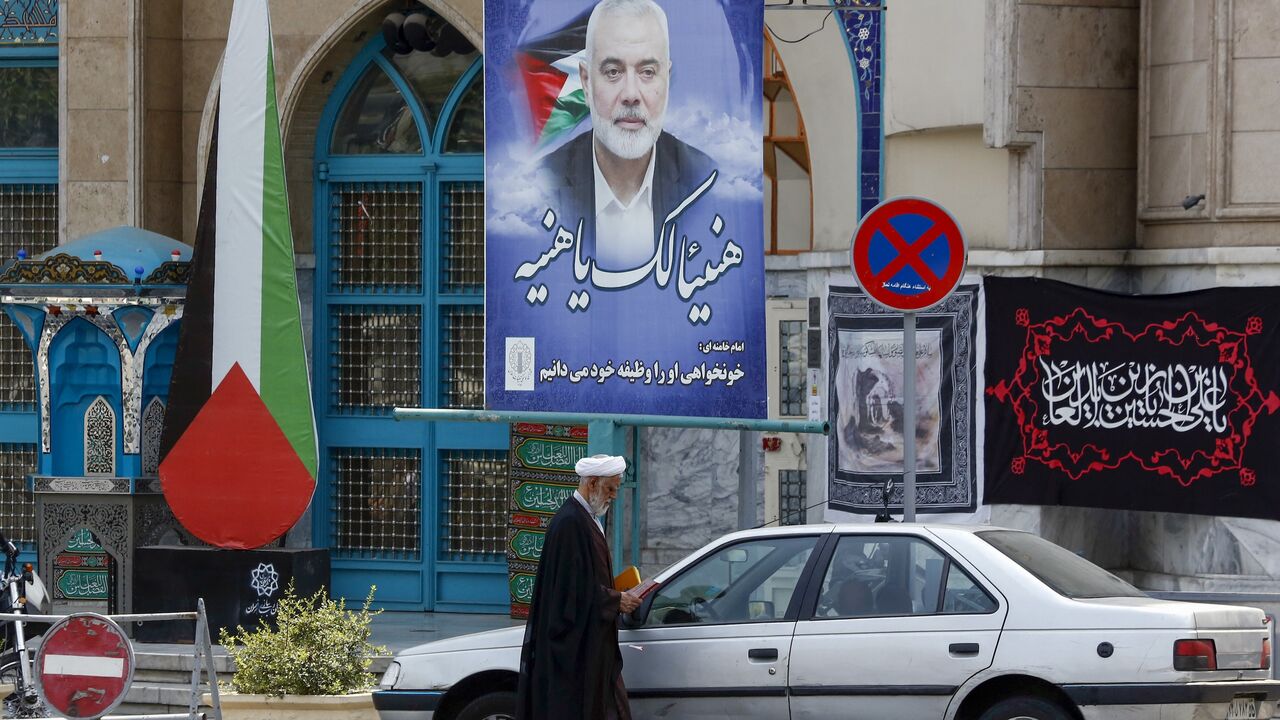
WASHINGTON — Iran’s promised retaliation against Israel will be conducted in a manner that is “not to the detriment” of a possible cease-fire in the Gaza Strip, the Iranian Mission to the United Nations told Al-Monitor on Friday.
The comments suggest that Tehran, after a flurry of indirect pressure from Washington, may be reconsidering the timing and/or scale of what its supreme leader, Ayatollah Ali Khamenei, has pledged will be a “harsh punishment” against Israel for last week's assassination of a Hamas leader in Tehran.
"Our priority is to establish a lasting ceasefire in Gaza; any agreement accepted by Hamas will also be recognized by us. The Israeli regime has violated our national security and sovereignty through its recent act of terrorism,” Iran’s New York-based mission said in a statement.
“We have the legitimate right to self-defense — a matter totally unrelated to the Gaza ceasefire. However, we hope that our response will be timed and conducted in a manner not to the detriment of the potential ceasefire,” the mission continued.
On Thursday, the United States, Qatar and Egypt called on Israel and Hamas to resume negotiations on Aug. 15 "to close all remaining gaps” in a cease-fire and hostages deal made public by US President Joe Biden on May 31. The three countries offered to present “a final bridging proposal” if compromise can’t be reached.
US and regional officials are hopeful that a Gaza cease-fire could be the face-saving measure Iran needs to scale back its retaliation over the killing of Ismail Haniyeh, the leader of Hamas’ political bureau who died in an explosion widely attributed to Israel. Iran’s powerful Lebanese proxy, Hezbollah, has also vowed retaliation for the Israeli-claimed strike in Beirut that killed senior Hezbollah commander Fuad Shukr the day before.
Biden and Secretary of State Antony Blinken have discussed the need for de-escalation in phone calls this week with their counterparts in Jordan, Egypt and Qatar. The United States and Iran don’t have diplomatic relations and communicate through various back channels, including the government of Oman and the Swiss Embassy in Tehran.
Asked about its communication with Washington, the Iranian mission said “direct and intermediary official channels to exchange messages have always existed between Iran and the United States, the details of which both parties prefer to remain untold."
Israel announced late Thursday it would be sending a delegation to next week’s cease-fire talks, which will be held in either Doha or Cairo. Hamas has not announced its participation, but White House national security spokesperson John Kirby said Friday that Qatar is working to ensure the militant group’s representation at the talks.
Kirby said the Biden administration’s goal is to “walk out the door with a deal.”
“We believe that it's possible to do that and that the implementing details can be fleshed out,” he said. “But it's going to require some leadership on all sides here, and some compromises.”



